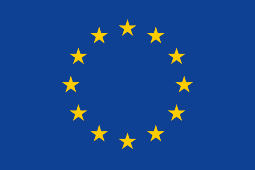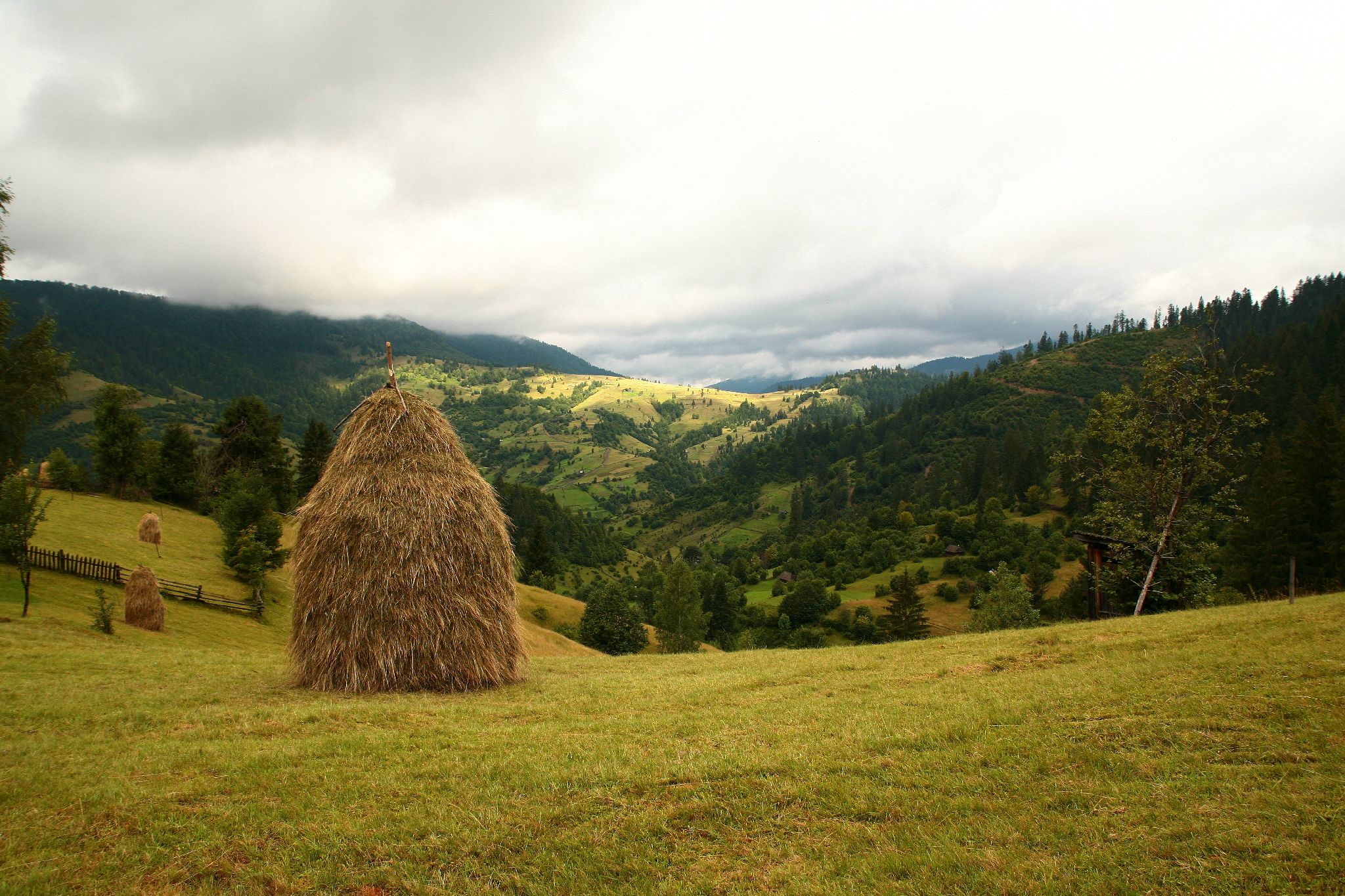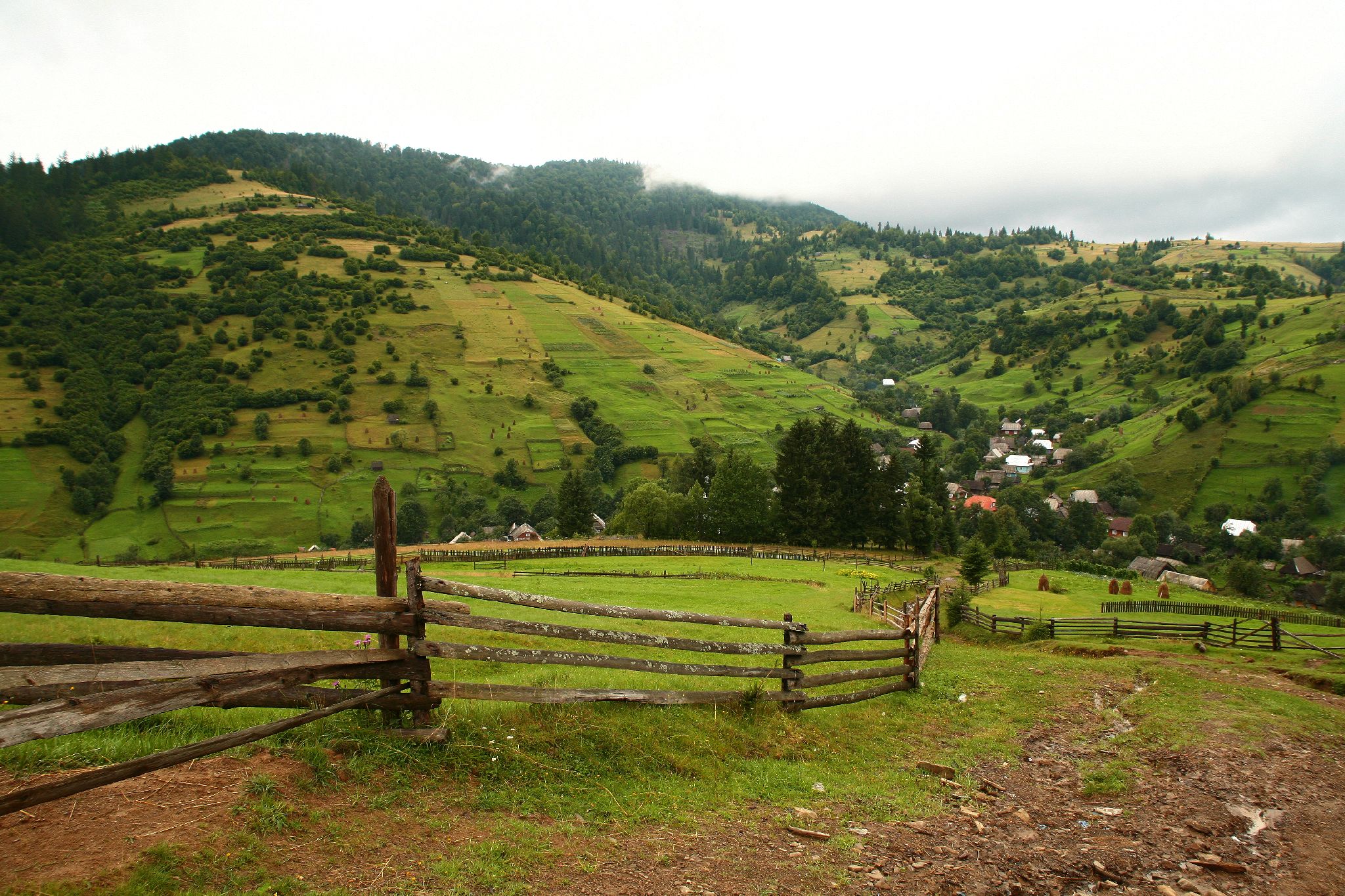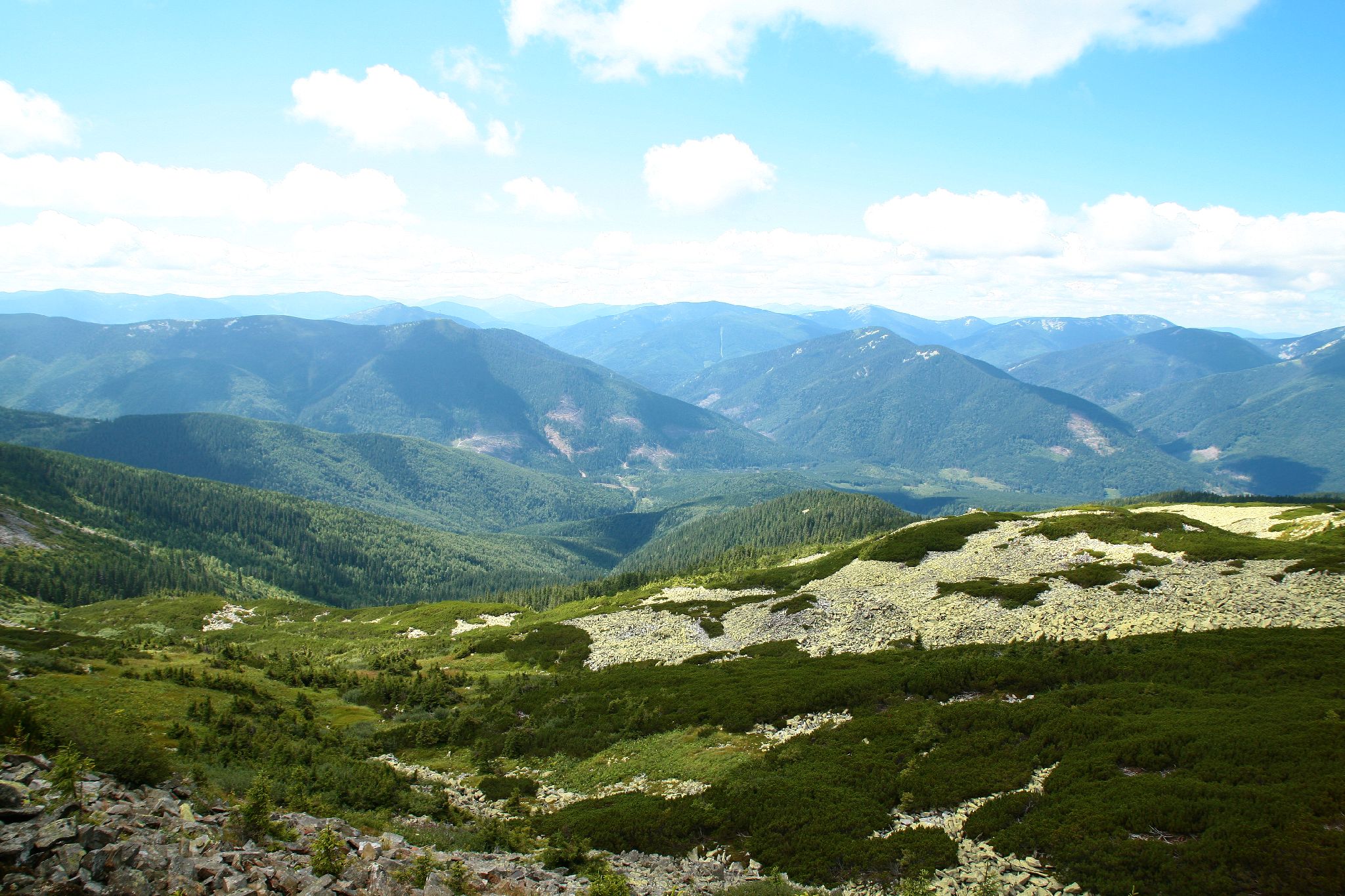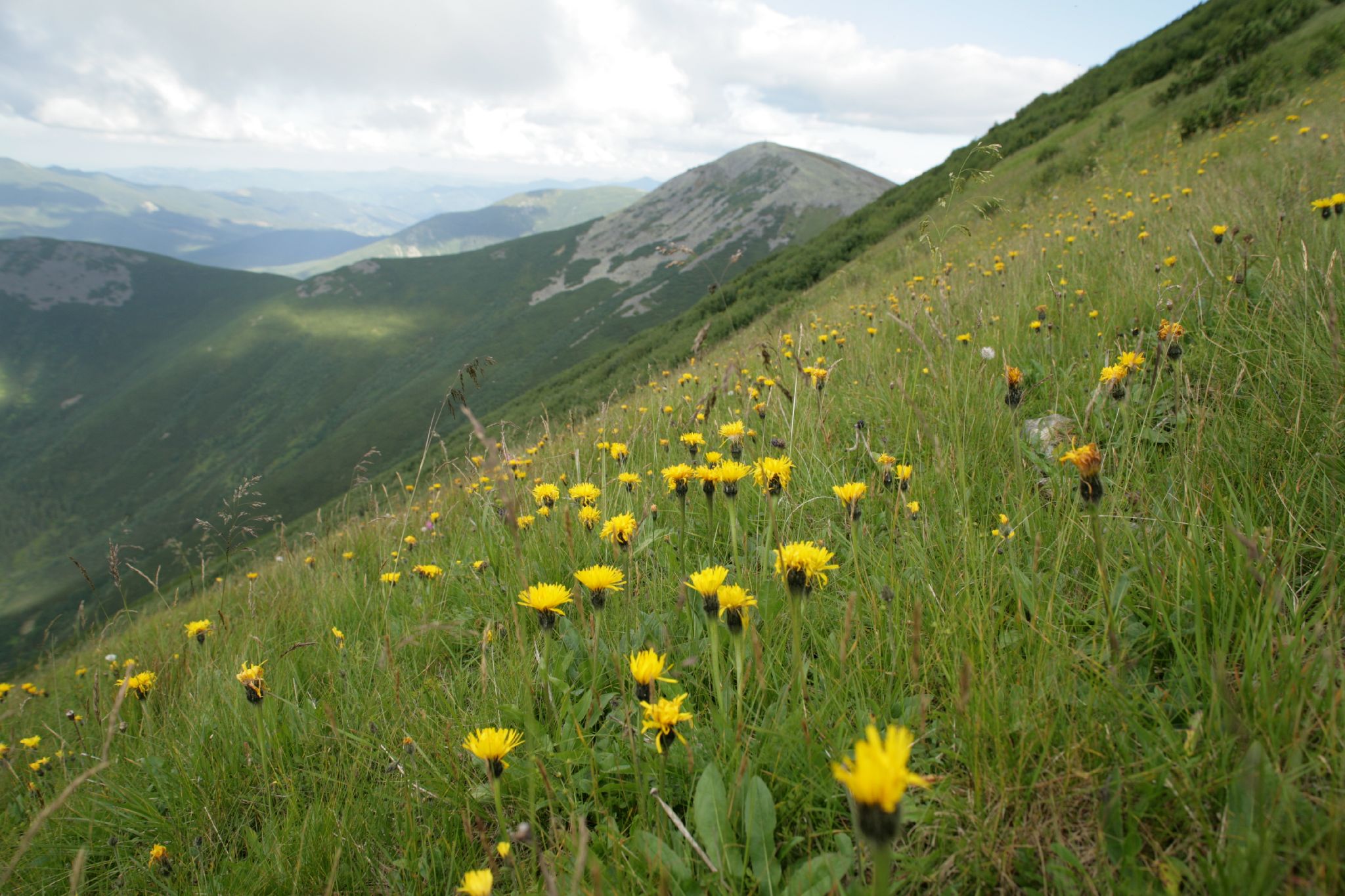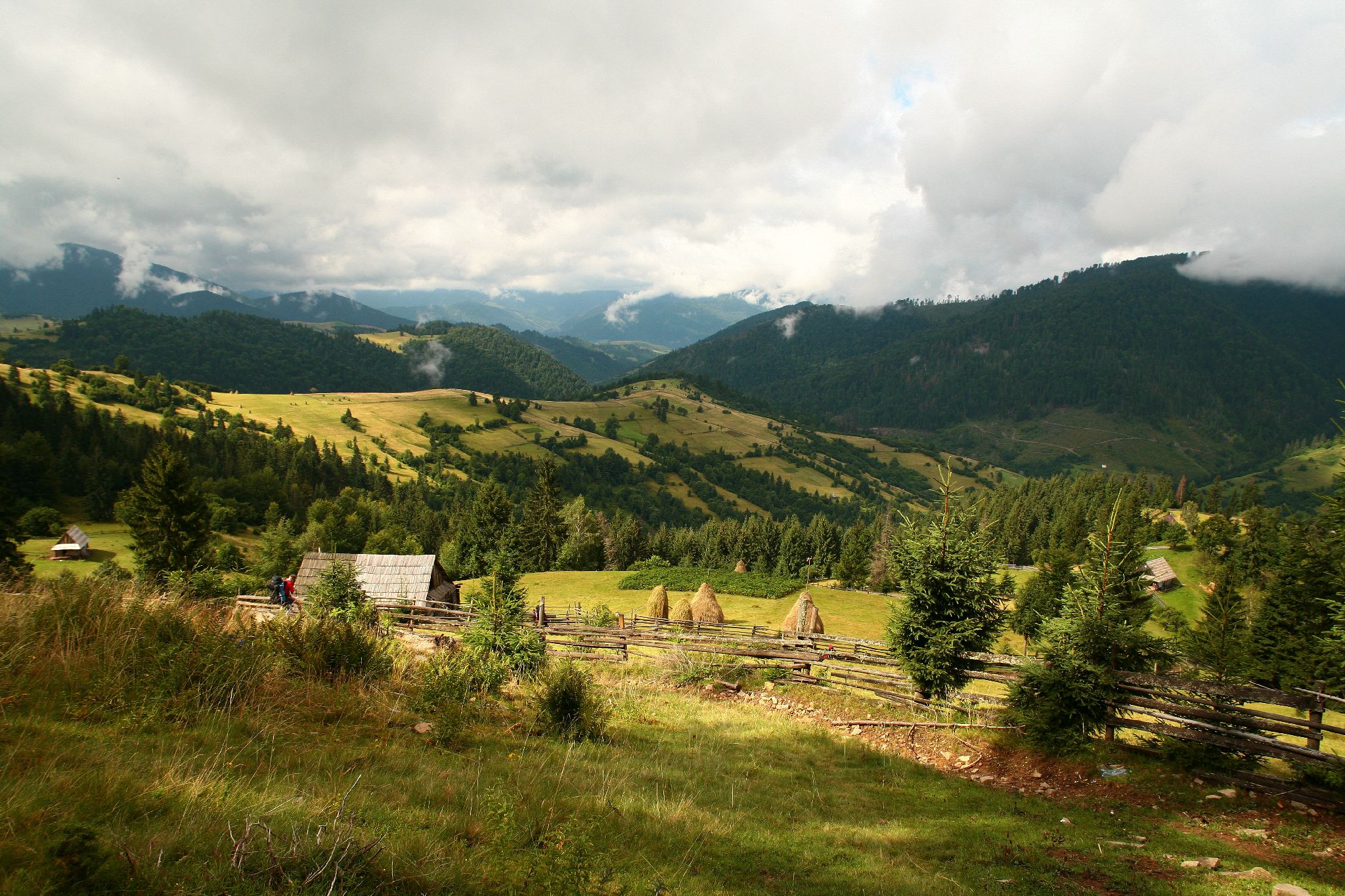9 March 2022 - Information Day took place within EFFUSE project
Images
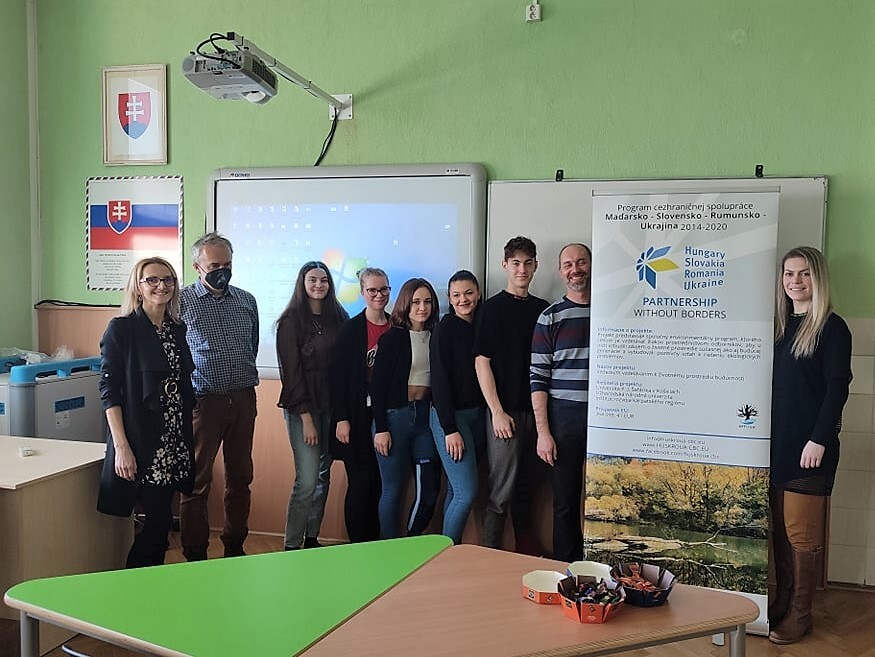
Content
On March 8, 2022 Information Day took place within the "Environment for the future of scientific education" project implemented with the financial support of the Hungary-Slovakia-Romania-Ukraine ENI CBC Programme 2014-2020.
The event was organised in three schools in the vicinity of the planned activities:
• Grammer School, Mierová 1, Strážske. The lesson was held for 8th grade pupils, geography teacher Svetlana Murínová, biology teacher Dana Savková.
• Gymnasium Ľ. Štúra 26, Michalovce. The lesson was held for 2nd year students, biology teacher Helena Bačová.
• Gymnasium Pavol Horov, Michalovce. The lesson was held for 2nd year students, biology teacher Andrea Ivanová.
In the beginning of the information and educational activities in these schools, main aim and objectives were presented by project manager Ivana Slepáková.
The Civil association Atéma was invited to cooperate in project activities. Martina Murínová as a leader of this association led a guided conversation with the pupils on the issue of environmental burdens. The pupils discussed the sources of pollution in the vicinity of their homes and their impact on the state of watercourses.
Afterwards, pupils discussed the topic of the life of watercourses with experts from UPJŠ. Peter Ľuptáčik and Andrej Mock, zoologists from the Department of Zoology and Animal Physiology, PF UPJŠ, who gave them interesting information about organisms associated with the water environment. Pupils discussed the factors that influence the occurrence of organisms in and around water and shared their experiences of observing these organisms in nature.
During the lessons, the young generation had the opportunity to consolidate and deepen their knowledge in the field of ecology and biology, to acquire new information that will enable them to better understand the complexity of the effects of various factors on the state of watercourses and their subsequent impact on living organisms. The information gained will help pupils to reflect on how their everyday activities affect the environment and to form environmentally friendly habits. The acquired knowledge and habits will contribute to increasing the level of environmental literacy of the pupils, which will be developed in the young generation during the planned fieldwork.
